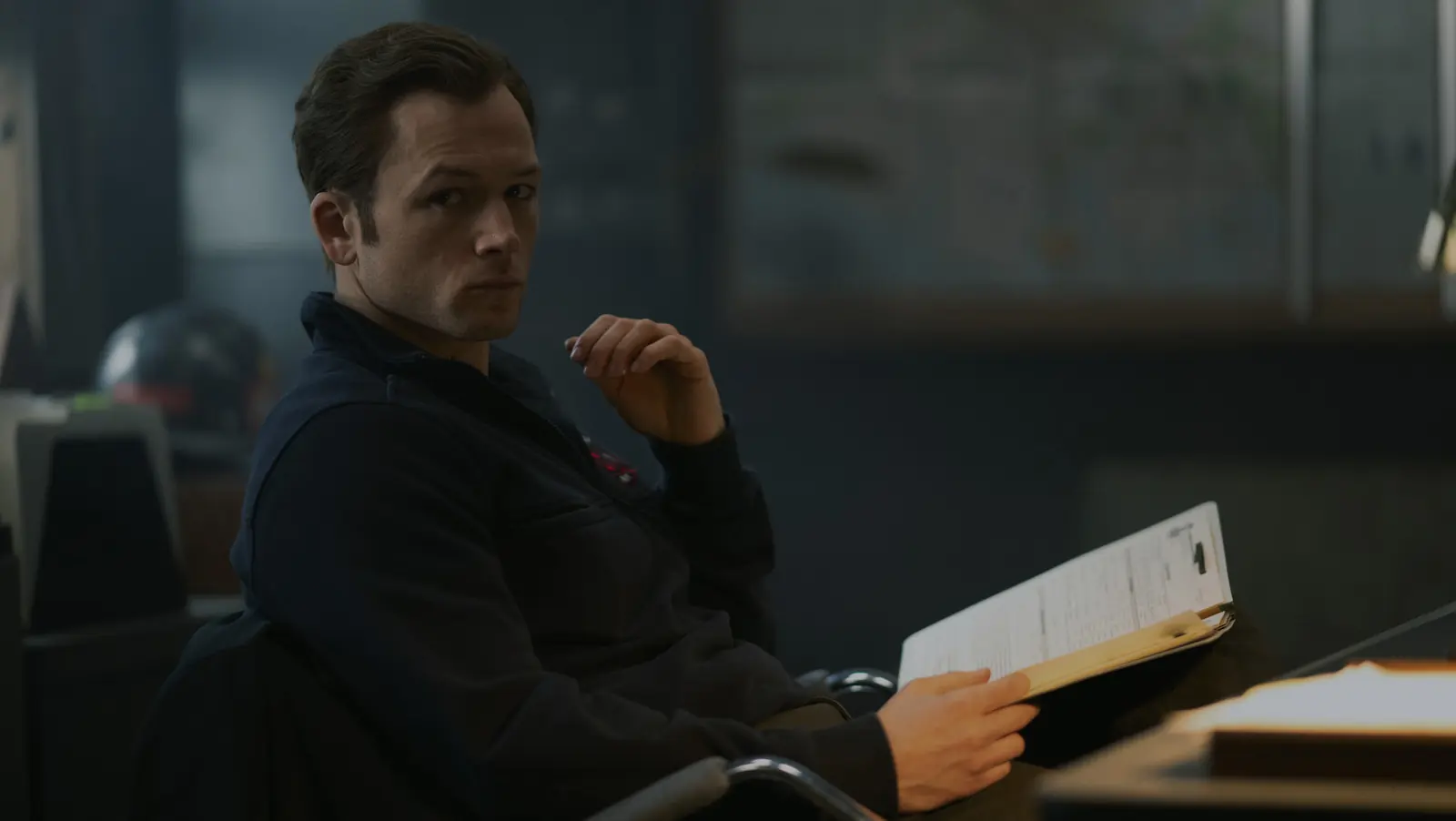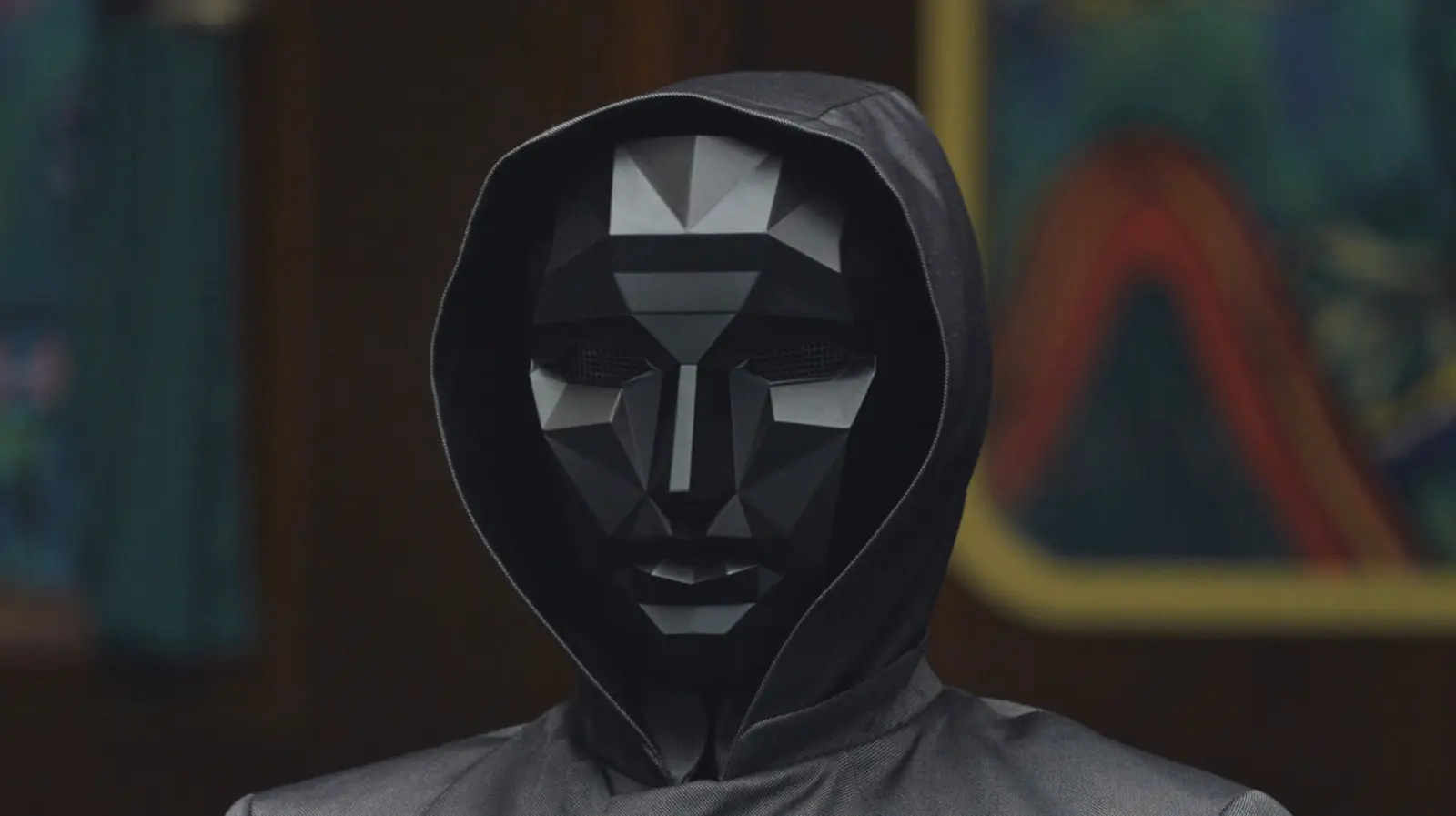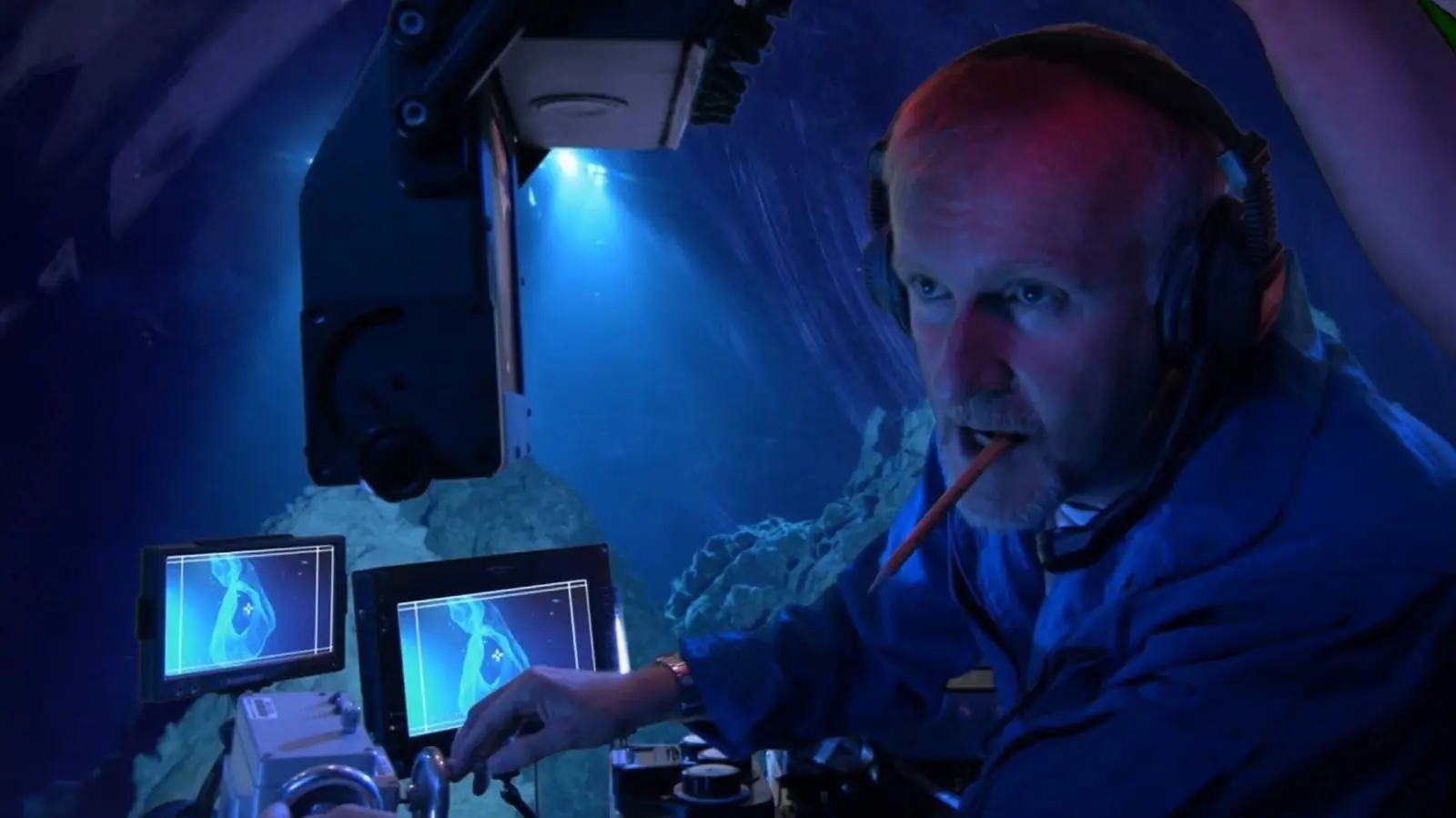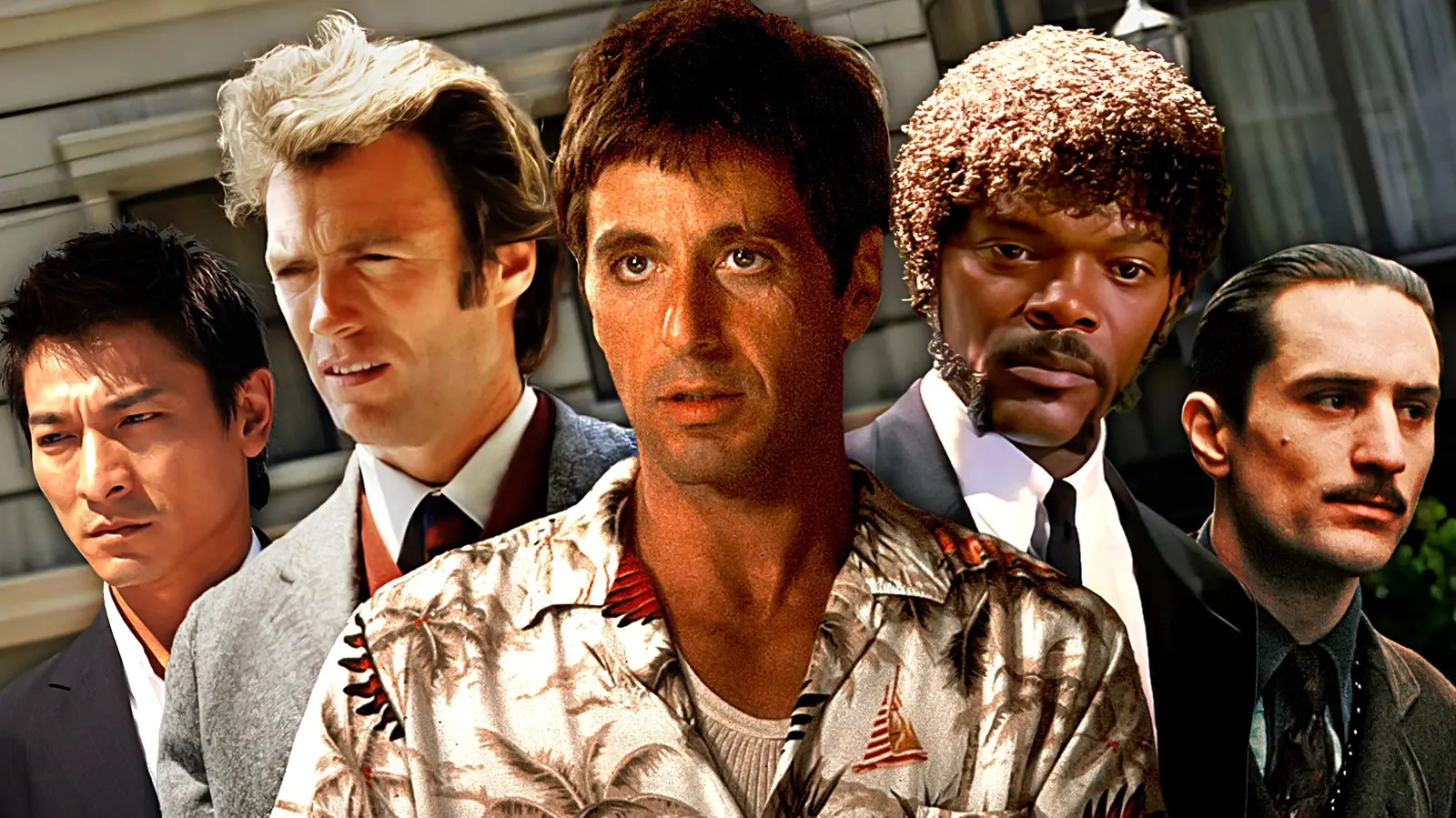“Smoke” has captivated audiences as one of Apple TV+’s compelling offerings, especially due to the gripping performance of Taron Egerton. While the series offers a blend of intense drama and psychological exploration, its roots lie in a particularly chilling true story that has stirred intrigue and unease. This narrative first came to widespread attention through a wildly popular true crime podcast, which dissected the disturbing events that now form the flesh of “Smoke”.
The show’s narrative finds its foundation in a series of unsettling real-life incidents that are both intriguing and disconcerting, presenting an exploration of human darkness and resilience. The decision to adapt these events into a television series was bolstered by the podcast’s success, which captivated a global audience with its meticulous storytelling and emotional depth.
Taron Egerton, known for his versatility and nuanced portrayals, steps into his role with a dedication that elevates the entire production. His involvement not only brings a formidable star power but also ensures the story is portrayed with the complexity and sensitivity it demands. The character he portrays is steeped in complexity, a reflection of the devastating circumstances and moral ambiguities that underlie the real events.
The original podcast, which piqued the interest of both crime enthusiasts and the general audience alike, unraveled a story dense with twists and turns, peppered with moments of unsettling revelation. As listeners became engrossed with each episode, the podcast not only soared in popularity but also sparked discussions and further analyses about the human capacity for deception and the intricate layers of criminal behavior.
From a narrative perspective, “Smoke” stays true to the podcast’s dedication to authenticity. The creators decided to maintain an allegiance to the raw reality of the events, offering a dramatized but sincere lens through which viewers may experience the intricacies of the story. This involved a detailed reconstruction of circumstances and a faithful portrayal of key figures involved.
Furthermore, “Smoke” delves into the psychological underpinnings of its characters, offering a window into how certain experiences and choices can lead individuals down a path of darkness. This exploration is not only fascinating but also deeply unsettling, forcing viewers to confront uncomfortable truths about the nature of human behavior.
The creative forces behind “Smoke” selected Taron Egerton not only for his acting credentials but also for his ability to embody the subtleties required for such a multifaceted role. Egerton, recognized for his performances in a range of genres, brings a specific gravitas that enhances the tension and emotion of each scene. His portrayal underscores the psychological tension that runs through the narrative, anchoring the series in a profound emotional reality.
In adapting the podcast to a visual medium, the series takes creative license in some respects to ensure the story’s wider appeal and engagement. However, the essence of the true story, its more disturbing elements, and the unexpected directions it takes are preserved, providing both fans of the podcast and new audiences a compelling reason to tune in.
“Smoke” unfolds amidst a backdrop of compelling cinematography and an evocative score, enhancing the dark, immersive atmosphere that the story demands. These production choices emphasize the series’ commitment to storytelling that resonates on both an emotional and cerebral level, ensuring that the depiction of true crime hits with the intended impact.
The series does not shy away from exploring the moral ambiguities and ethical dilemmas faced by those entangled within this complex story. This approach serves to elevate the series from pure entertainment to a profound narrative exploration of human nature. Viewers are encouraged to grapple with the difficult questions about morality, truth, and the consequences of one’s actions.
The adaptation process from an audio-focused medium like a podcast to a visually-driven television series required a careful balancing act. The challenge was to retain the essence of what made the podcast so compelling while making the narrative accessible and engaging for a broader audience. The production team, alongside Egerton’s stellar performance, has been widely praised for achieving this delicate balance.
Through the lens of “Smoke”, new layers of the real-life story are examined, offering fresh insights and perspectives. This multidimensional approach allows different facets of the events to be presented, providing audiences not just with entertainment but also a stimulus for reflection and discussion.
Overall, “Smoke” stands as a testament to the power of storytelling and its ability to take audiences on journeys of introspection and revelation. With Taron Egerton at the helm, the series captures the essence of the podcast’s original intrigue while inviting audiences to delve into the darker shades of human experience. As such, “Smoke” is as much a study of the human condition as it is a recounting of true events, ensuring its place as a pivotal series within the contemporary landscape of true crime adaptations.






